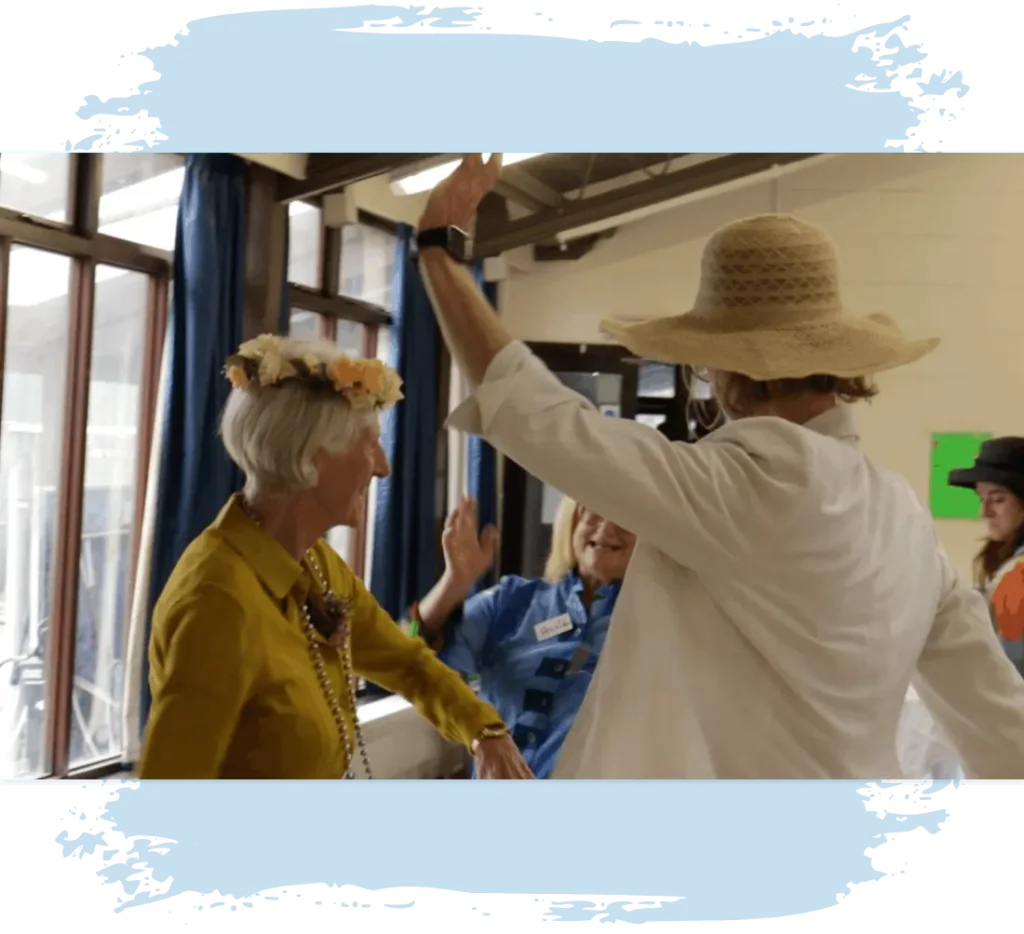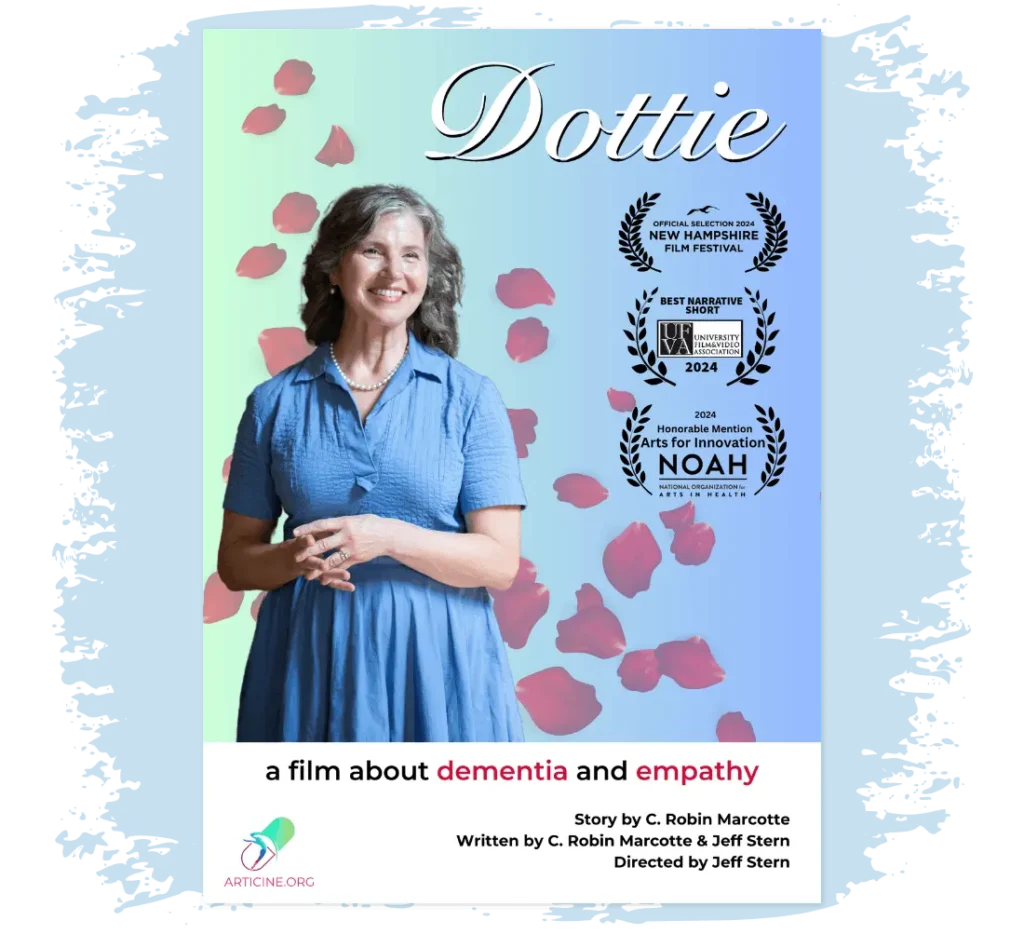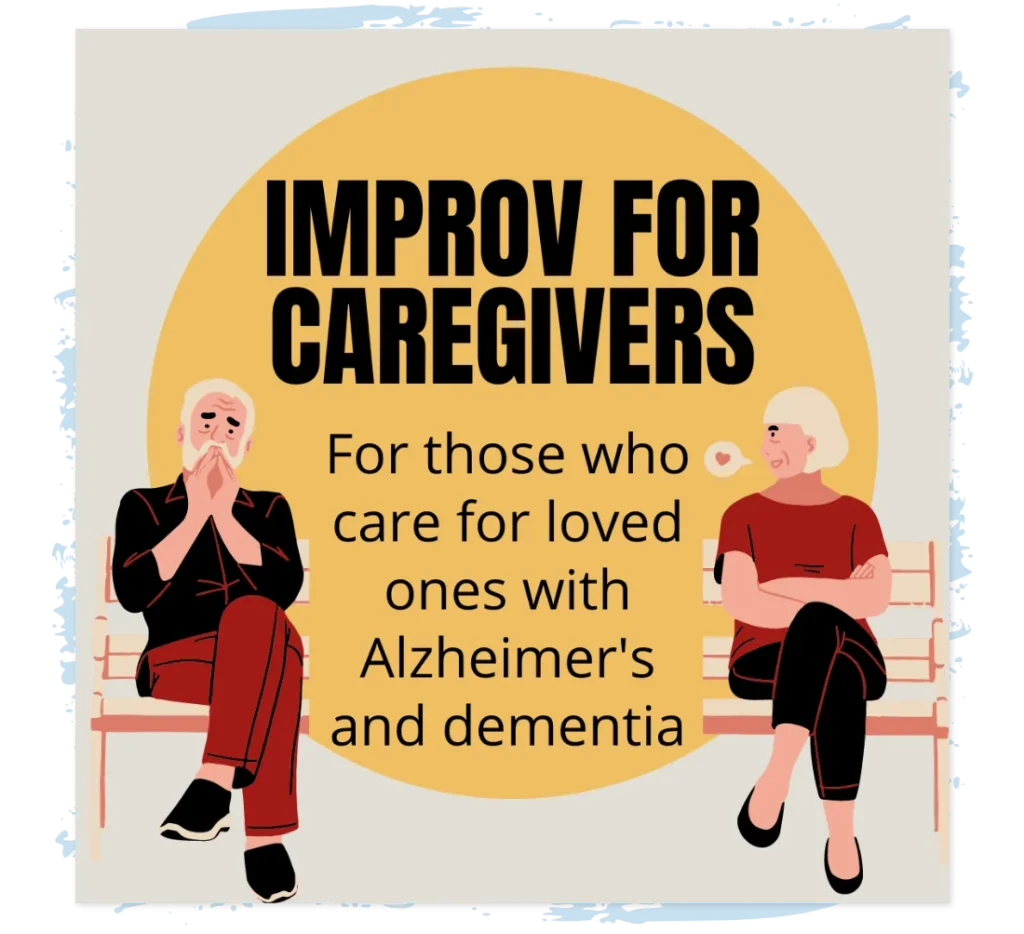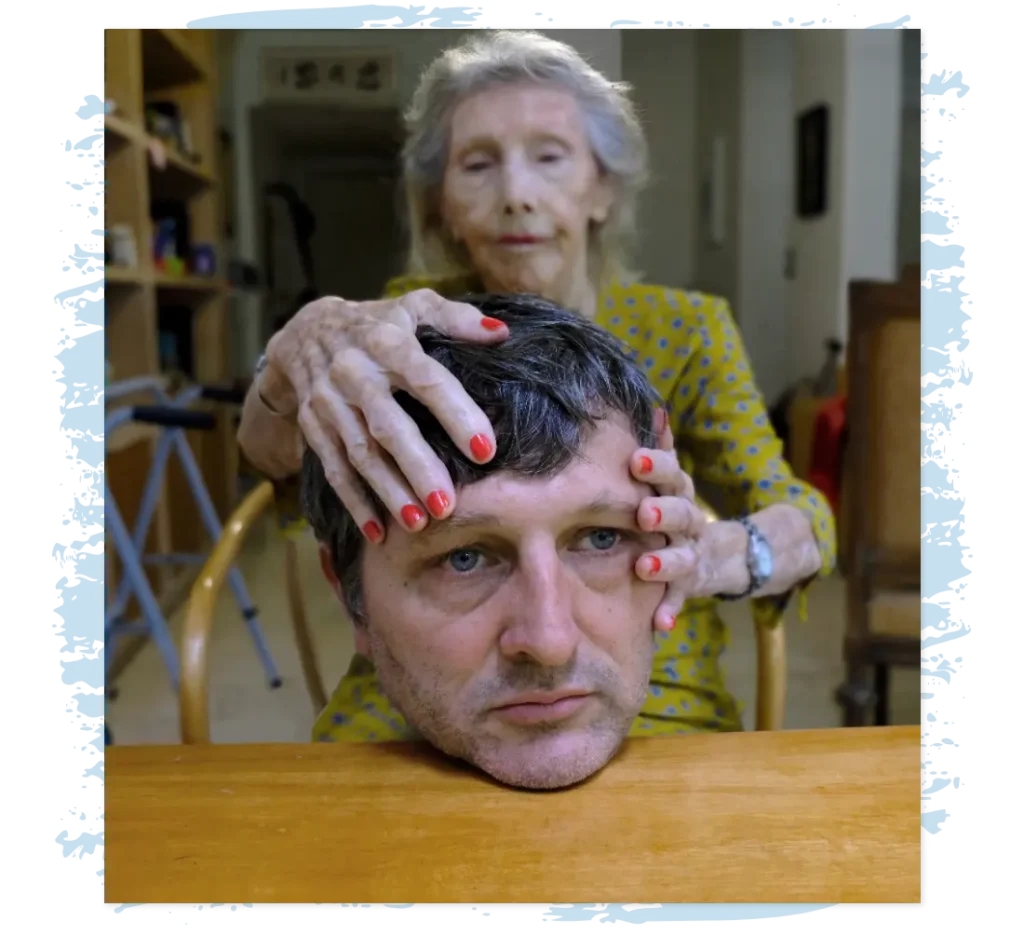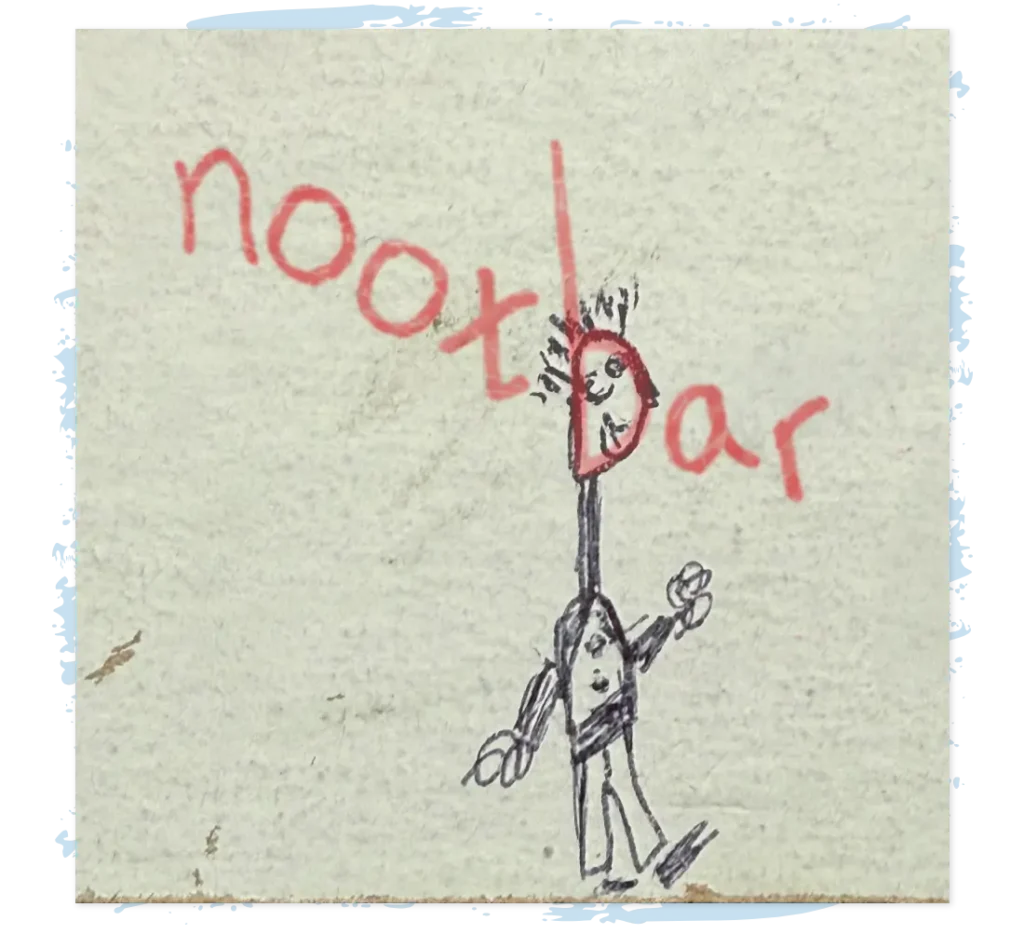Alzheimer’s disease and other types of dementia take a toll on women within our communities. Not only are women more likely to develop dementia themselves, but they make up two thirds of all dementia caregivers.
The predominant reason for women experiencing dementia at a higher rate is their longer life average, however some studies outside of the United States allude to other risk factors that women may have. With the risk of developing signs of dementia increasing as one ages, a longer life expectancy increases that risk of dementia.
Women make up the majority of both paid and unpaid caregivers for people living with dementia. Women across generations are more apt to be dementia caregivers — daughters caring for parents, wives caring for in-laws, and granddaughters assisting in care. When providing care, they generally spend more time and provide a wider range of both physical and emotional care. While many caregivers report that their role as caregiver is rewarding, it can also be draining.
Oftentimes, women live with the individual that they are caring for. This puts stress on other responsibilities, especially their families and careers. Nearly twenty percent of women caregivers need to leave their jobs in order to provide care. Many female caregivers may also be a part of the sandwich generation — meaning that they are caring for someone from an older generation as well as their own children. It’s important for those in a caregiving role to reach out for dementia caregiver support — both through organizations, their family members and local networks. However, if you see a dementia caregiver, reach out to see what you can do to provide a helping hand.
This Women’s History Month, take time to celebrate and show appreciation to the female, dementia caregivers in your life. Try offering to be a listening ear, run an errand or sit with a loved one to show them how much they mean to you!
—–
Dementia Spring Book Recommendation: Check out the book Still Alice by Lisa Genova. Still Alice shows the journey of a woman diagnosed with young onset Alzehimer’s and the impact on her family. Written by a leading woman in the dementia community, Lisa Genova is an accomplished neuroscientist who writes about the journey of those impacted by neurocognitive diseases.


